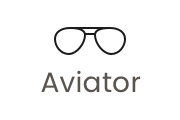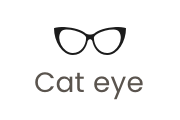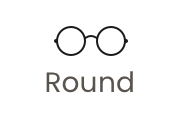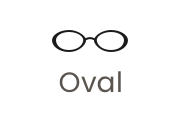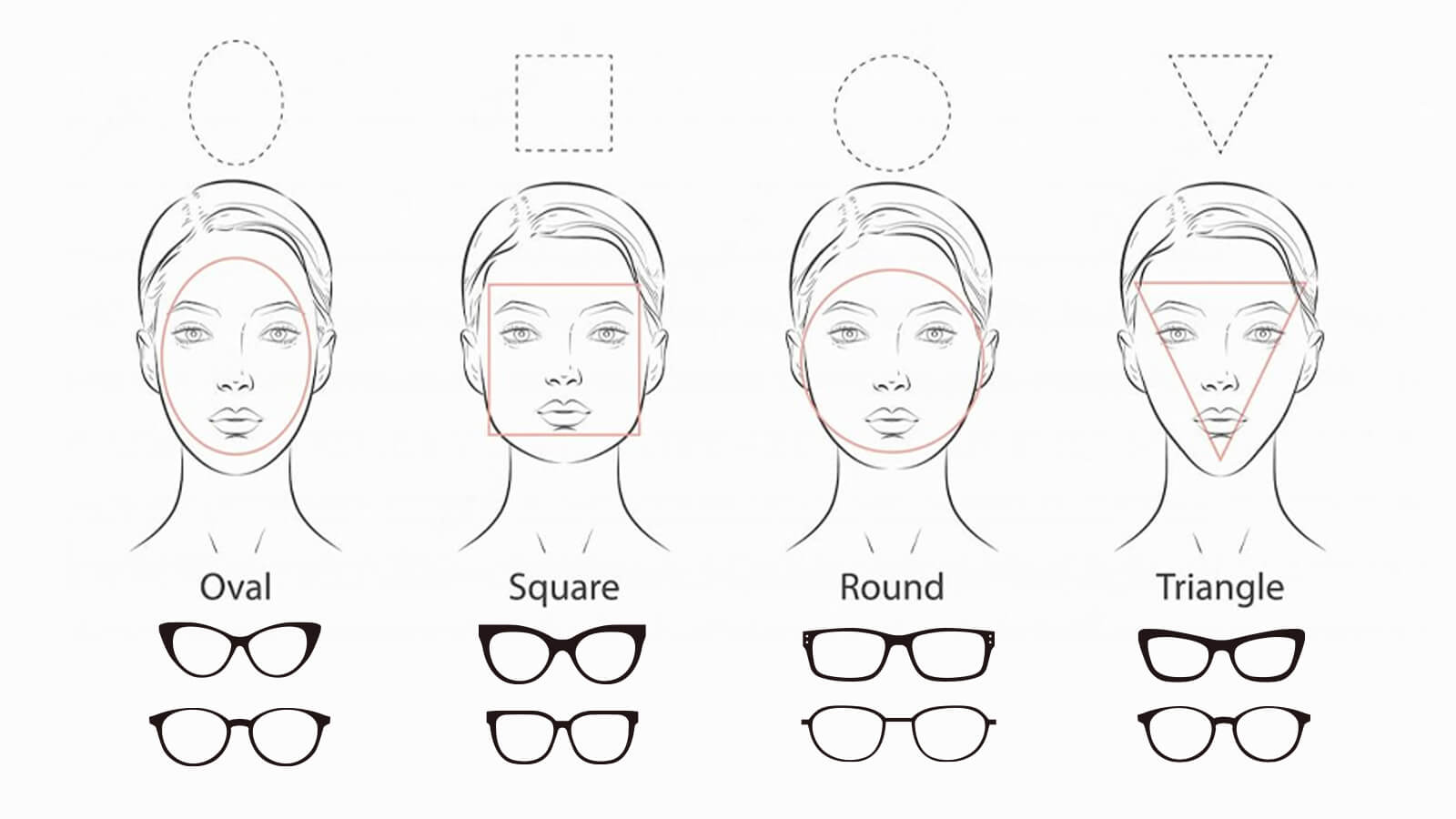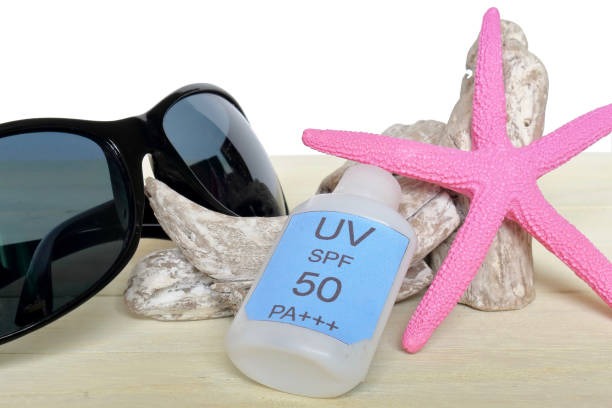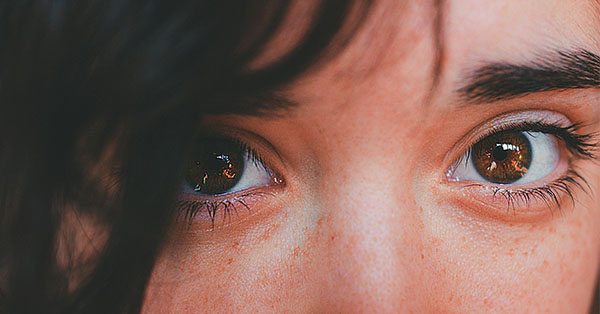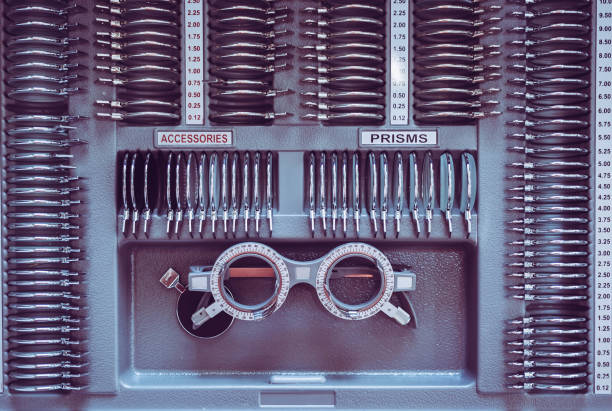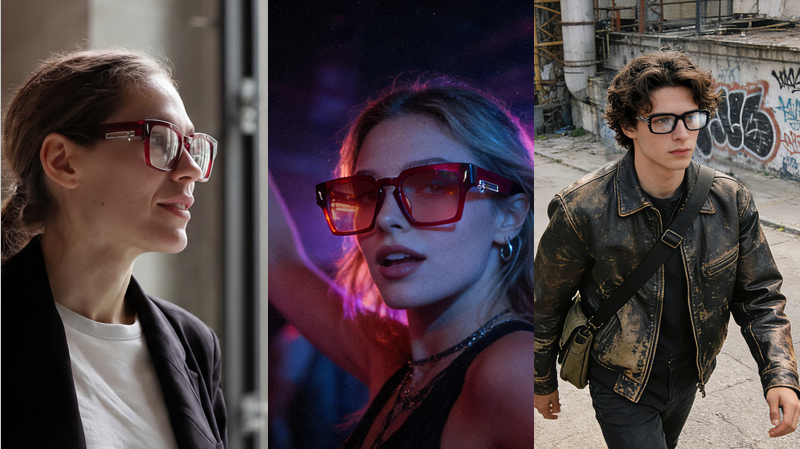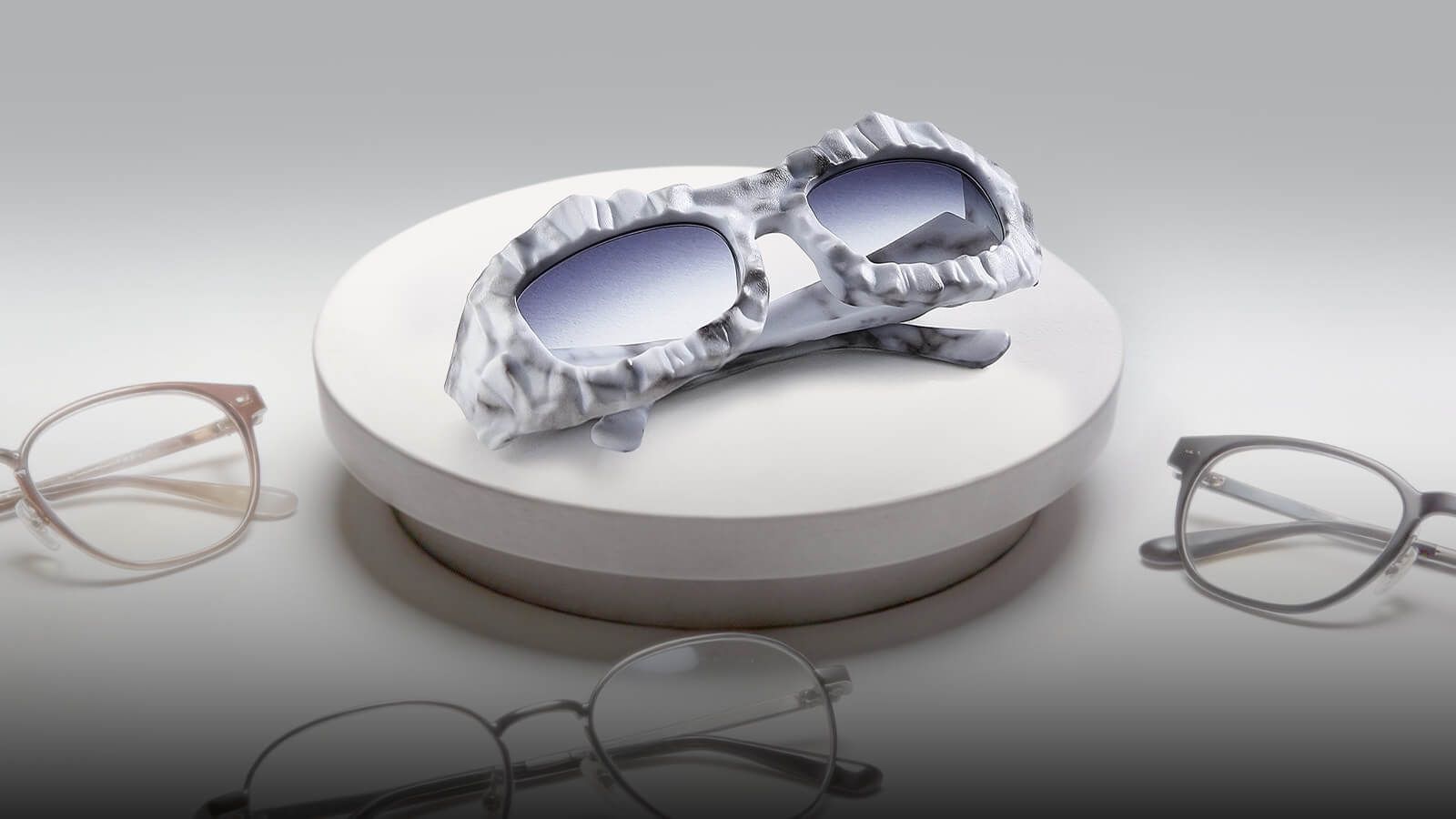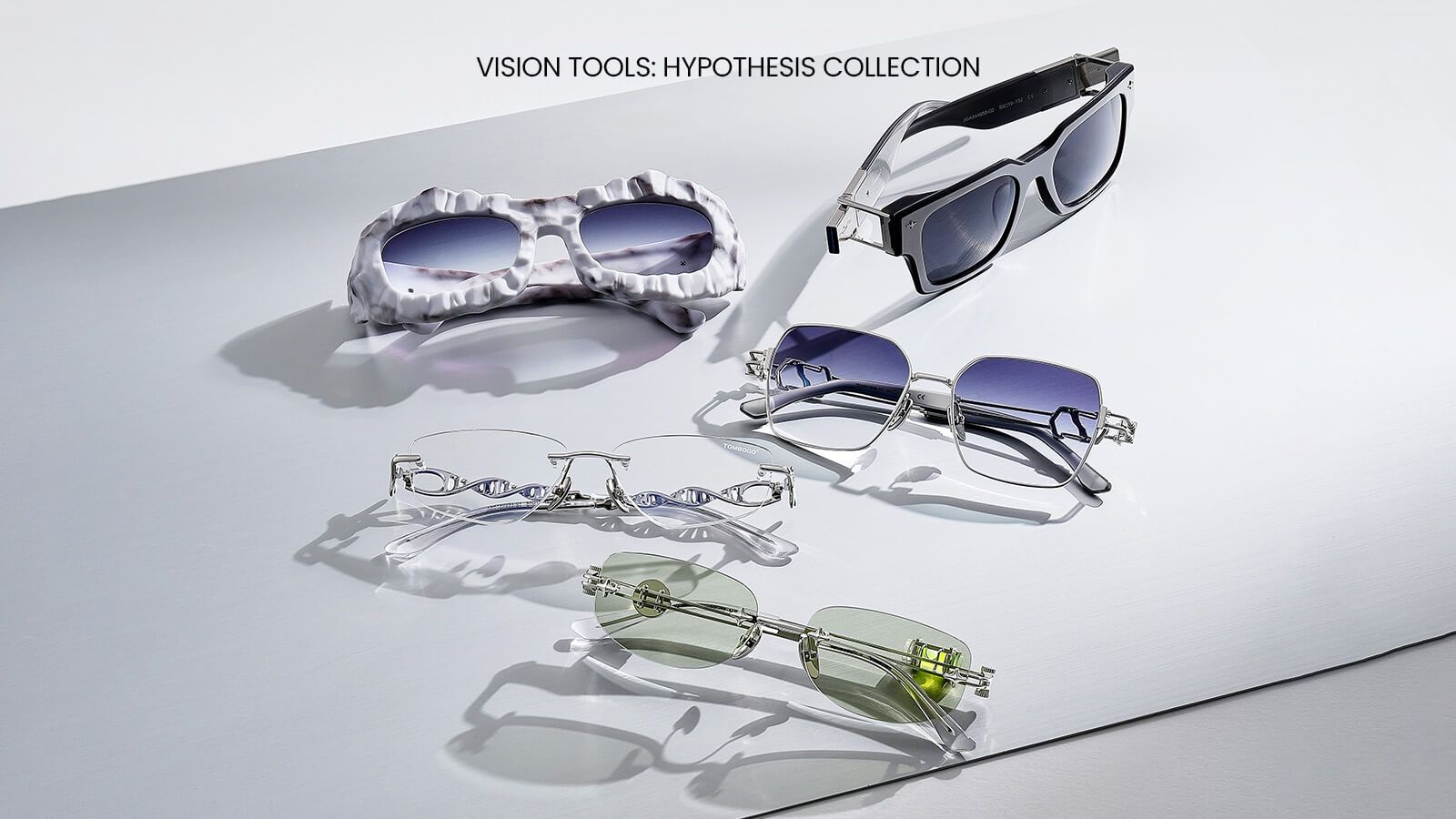
Guide to Picking Glasses That Suit Your Face Shape Perfectly
February 27,2023

What is Boho Style? A Comprehensive Guide to Boho-Chic Fashion
February 13,2025

Virtual Glasses Try On - Find Your Perfect Pair Online
April 02,2024

UV Protection Glasses VS. Blue Light Glasses - Vooglam
July 20,2023

Newest Style Modern Trendy Mens Glasses | Vooglam
March 01,2024

Stylish Reading Glasses: Blending Fashion with Functionality
February 16,2023

Photochromic Lenses 101: How They Work & Why You Need Them
September 22,2023

Brown Eyes: The Beauty of the Most Common Hue
September 01,2024

The chubby face glasses for round face female
August 02,2023

What are prisms in eyeglasses?
March 20,2023

What Are Bifocal Glasses? The Complete Guide (Types, History & Benefits)
April 14,2023

How to Read Your Eyeglass Prescription?
March 11,2023
Do Glasses Make Your Eyes Worse? Separating Myth from Medical Fact
It’s a question many new glasses wearers ask. “Am I making my eyes weaker by wearing these?” You take your glasses off. The world looks fuzzy. Your heart sinks. It feels like your eyes now depend on those frames.
Let’s clear this up fast. No. Wearing glasses with the right prescription does not make your eyesight worse. It’s one of the biggest myths in eye care. Science has no proof of it.
In this article, we will explain what glasses really do and whether wearing them worsens eyesight. We will also discuss why your vision feels worse without them and what happens to your eyes as you age.
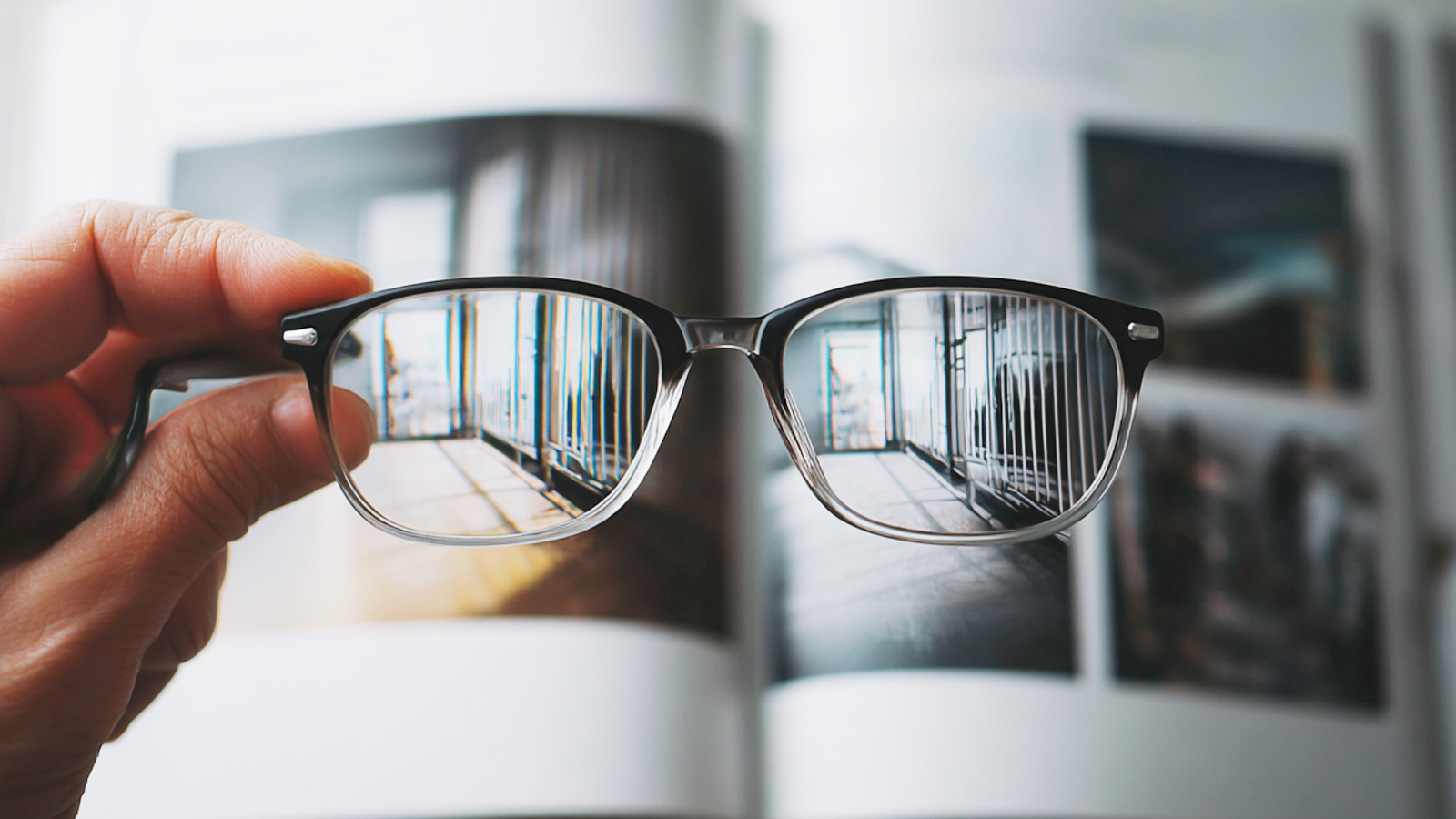
Why Glasses Are a Tool, Not a Crutch
Think of glasses as a helper. They don’t heal or harm. They fixed a focus problem, so you can see clearly.
Understanding Refractive Errors: Myopia, Hyperopia, & Astigmatism
Your eyes are like a camera. The cornea and lens are the glass parts. The retina is the film.
An incorrect bending of light causes blurriness due to the shape of the eye.
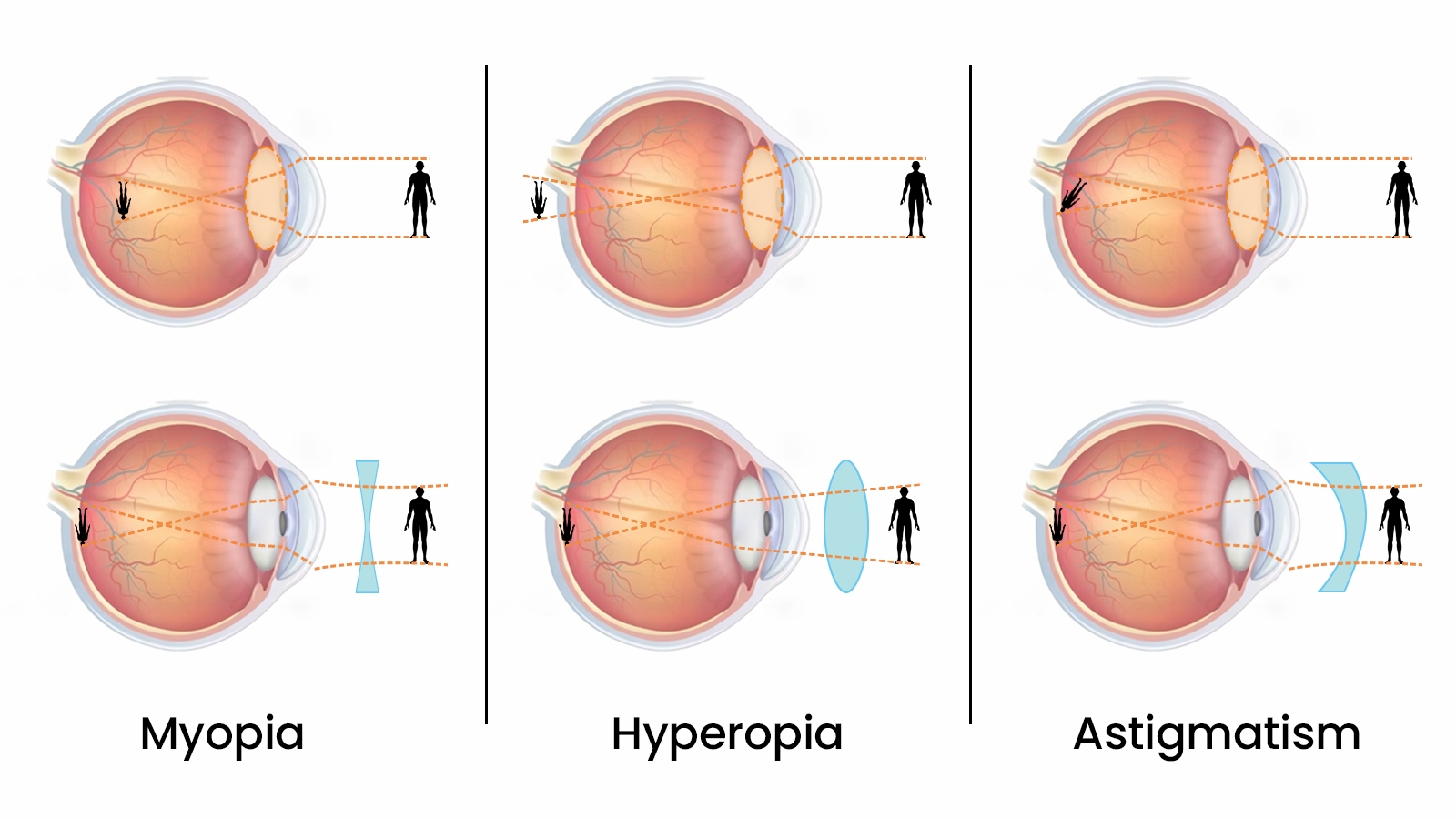
Myopia causes light to focus in front of the retina. Distant objects will then appear blurry.
Hyperopia means that the light focuses behind the retina. Near objects look blurry.
Astigmatism means that the cornea refracts light irregularly. Near and far can both be blurry.
How Do Glasses Fix the Problem?
Glasses are curved pieces of glass or plastic. They bend the light before it enters your eyes. The light then lands right on your retina. This makes the picture sharp. The lenses do not change the shape of your eye. They do not make your eye muscles lazy.
Why Does My Vision Seem Worse Without Glasses?
It's Your Brain, Not Your Eyes
Here is the tricky part. When you wear glasses, your brain learns to expect crystal-clear images. That sharp vision becomes normal.
The Shock of the Contrast
Take them off, and the contrast is significant. The blur feels heavier than before. But your eyesight has not changed in that moment. You just forgot how unclear the world looked without help.
It’s like tasting pure spring water after months of drinking soda. If you go back to soda, it tastes even worse than you remember.
Is it My Glasses or am I Just Getting Older?
Presbyopia: The 40+ Vision Change
For many people, eye changes are natural. Around age 40, the lens inside the eye starts to stiffen. This makes it harder to focus on close work, and the name for this is presbyopia.

It happens to everyone, even those who never wear glasses. Many people get their first pair of reading glasses around this age, and then the changes keep going. It’s easy to blame the glasses, but the real cause is time.
Can I Train My Eyes to Not Need Glasses?
The Truth About "Eye Exercises" (Bates Method, etc.)
You may hear about eye exercises that promise to “fix” vision. Truth is, there’s no proof eye exercises can change your eye shape or fix myopia or astigmatism.
What Eye Exercises Can Help With: Eye Strain & Vision Therapy
Some eye exercises can help with strain. Others can train your eyes to work together better. These are called vision therapy. They are for issues like trouble focusing or poor eye coordination. An optometrist can guide you through them. But they will not erase the need for glasses if you have a refractive error.
What Happens If I Don't Wear My Glasses?
For Adults: The Price of Blurriness
For adults, skipping glasses will not make your eyes worse. But it can make life harder. You may get headaches, eye strain, and fatigue. Driving, reading signs, or using screens can feel exhausting.

For Children: Why It’s Critically Important
For children, the story is different. A child’s eyes and brain must work together to learn to see clearly. Without the right prescription, the brain may never get a clear image. This can lead to permanent problems, like lazy eye. That is why kids must wear the glasses their doctor prescribes.
Conclusion: See Clearly and Without Worry
Glasses are only one part of eye health. Here are simple habits that help:

Get eye checkups – Go once a year, or at least every two years. Update your prescription.
Give your eyes a break with the 20-20-20 rule and fuel them with carrots, spinach, and salmon.
Wear sunglasses – UV rays can hurt your eyes over time. Protect them outdoors.
Pick frames that fit– Light, balanced frames feel better and work better.
Glasses do not harm your eyes. They help you live and work with clarity. The “worse vision” feeling comes from your brain’s love for sharpness, not from damage. Aging, health issues, and genetics cause most vision changes. Not the lenses.
So if you are wondering, do glasses make your eyes worse? They do not. Wear your glasses with confidence. See them as more than a tool. They are also a part of your style. They tell the world something about you.
Vooglam frames mix comfort with personality. From bold to minimal, classic to playful, a pair fits your face and your mood. You do not just see better—you express yourself. Your eyes deserve both health and style. Treat them to both.

Vooglam Blog
Vooglam blog shares professional knowledge about eyeglass frames, lenses, etc., and provides help when purchasing and using eyewear products. At the same time, Vooglam focuses on fashion glasses to interpret the trend of glasses for you.

How to Look Good With Glasses: Style Your Hair, Outfits, and Accessories
For a long time, glasses were seen as a medical necessity—something you "had" to wear. But the narrative has flipped. Today, glasses are one of the most powerful accessories in your wardrobe. They fra
February 10,2026
Office to Gala: 3 Styling Formulas for Your Day-to-Night Wardrobe
We know the drill. You have a concept pitch at a creative studio at 2:00 PM, a gallery walk-through at 6:00 PM, and a live gig at a basement venue that doesn't even kick off until midnight. You are no
January 29,2026
Experimental Eyewear: When Glasses Become Wearable Art
From Function to FormWalk into any gallery opening in Berlin, Tokyo, or New York and you'll notice something: the people who actually care about design aren't wearing Persol or Oliver Peoples anymore.
January 27,2026
The Best Streetwear Sunglasses & Glasses of 2026 (Vooglam's Editor's Picks)
Streetwear eyewear has reached a turning point. What started as logo-heavy collaborations and hype drops has evolved into something more interesting: frames that prioritize actual design innovation al
January 27,2026








